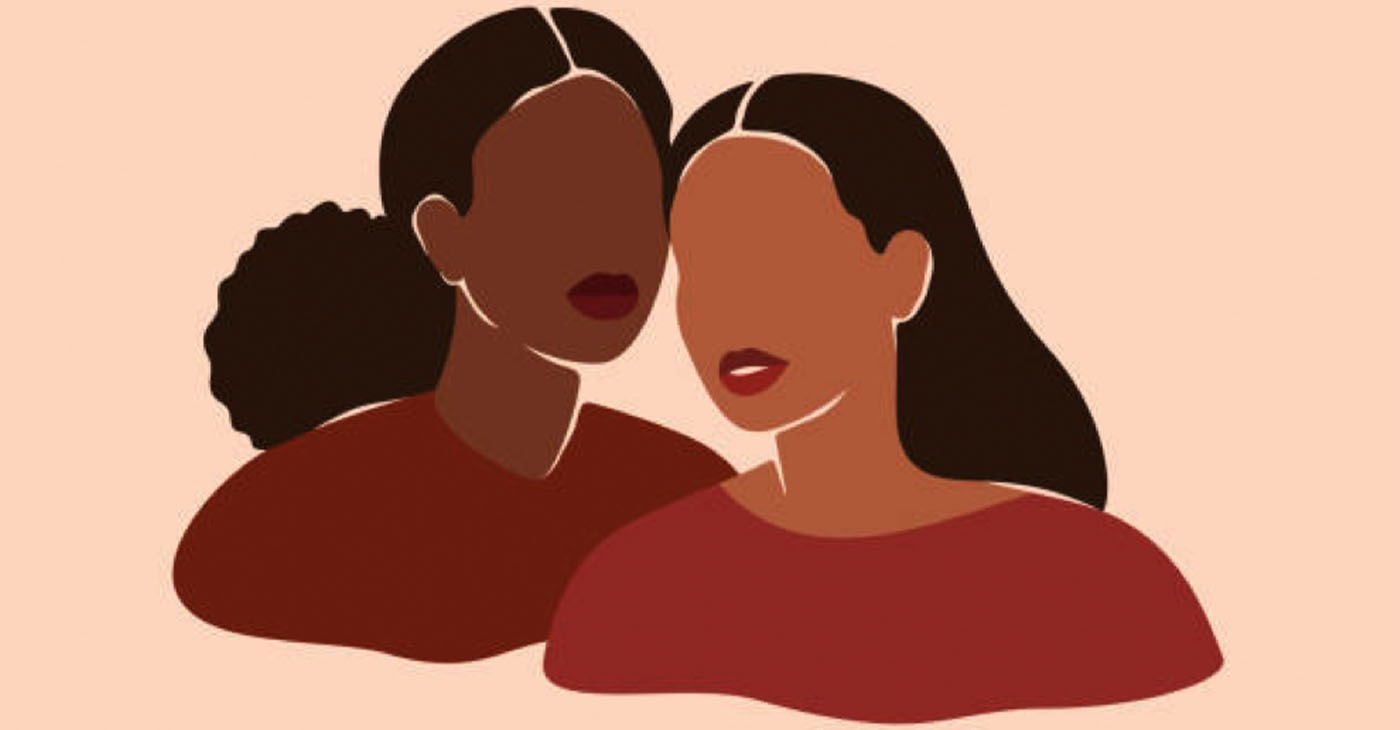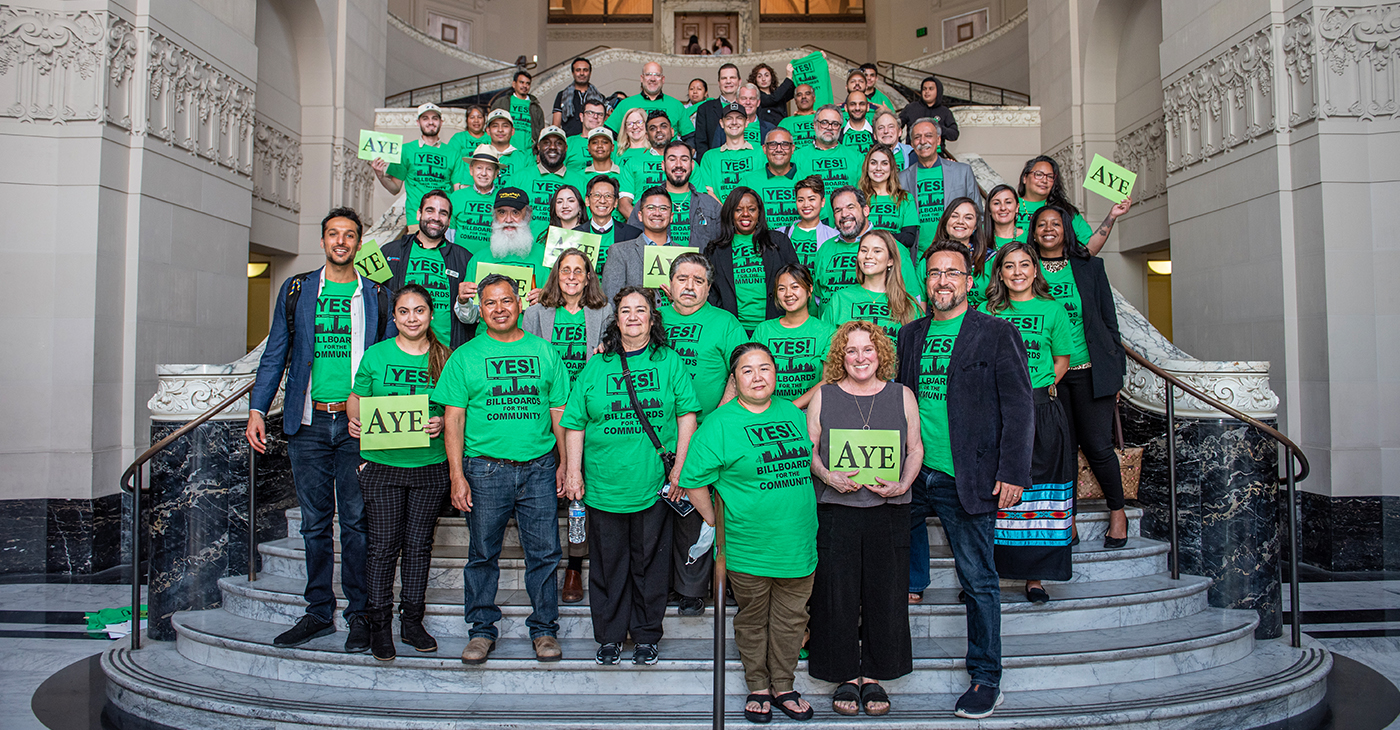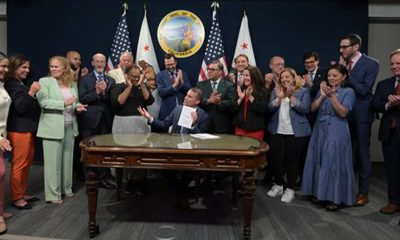Activism
Study Reveals Barriers to Mental Health Support for Black, Latina Women
The current social and economic climate creates a distinct set of pressures on Black women and Latinas. Thirty-four percent cite finances or issues related to inadequate income as the top concerns facing their households. Safety, health, and housing also rank as chief concerns. More than 3 in 5 respondents reported having a mental health concern for which they did not seek care from a provider. The barriers they cited include travel expenses, length of travel time to appointments, and inability to take time off work. Women without coverage for mental health services, those with mental health conditions, younger women, and those covered through Medi-Cal reported the highest rates of untreated needs.

By Maxim Elramsisy
California Black Media
A poll of Black women and Latinas across California conducted by Black Women Organized for Political Action (BWOPA) and Hispanas Organized for Political Equality (HOPE)® found that 77% are experiencing some form of discrimination due to “personal characteristics,” including race or ethnicity, assumptions about income or education, and/or physical appearance.
“We have known that racism and discrimination take a toll on the mental health of our communities, and now we must factor in the disproportionate and lingering effects of the pandemic on communities of color,” said LaNiece Jones, executive director of BWOPA.
“What matters now is that we don’t sweep these added challenges aside but treat these barriers in mental health care for what they are: a crisis in care that must be urgently addressed,” Jones added.
The historic poll was conducted by Los Angeles-based public opinion research firm EVITARUS.
Responses were recorded from 800 Black and Latina women across California and the findings provide insights about the most important concerns that they face with their families, accessibility of mental health services, preferences for providers, and priorities for approaches to create greater equity in the provision of mental health care.
Experts widely agree that the COVID-19 pandemic triggered an unprecedented global mental health crisis. People of color, young people, women, and those with low incomes were most at risk of mental health challenges before and after the pandemic, compounded by the added weight of a heightened economic crisis and instability, as well as more visible expressions of White Supremacy, anti-Blackness, anti-immigrant sentiment and hate crimes aimed at communities of color.
The current social and economic climate creates a distinct set of pressures on Black women and Latinas. Thirty-four percent cite finances or issues related to inadequate income as the top concerns facing their households. Safety, health, and housing also rank as chief concerns.
More than 3 in 5 respondents reported having a mental health concern for which they did not seek care from a provider. The barriers they cited include travel expenses, length of travel time to appointments, and inability to take time off work. Women without coverage for mental health services, those with mental health conditions, younger women, and those covered through Medi-Cal reported the highest rates of untreated needs.
The women who did seek help reported often having negative experiences. Seventy percent of Black women and 54% of Latinas reported racial or ethnic discrimination. Another 59% of Black women and 55% of Latinas reported “assumptions people make about your income or level of education.”
Forty percent of Latinas reported discrimination based on “assumptions about their ability to communicate in English” and 28% reported “assumptions about…documentation of immigration status.” Several other types of discrimination were reported, particularly relating to class, faith, size, and accent.
“Our research draws a direct line between the challenges in accessing mental health care for Latinas and Black women to the shortage of mental health professionals that share our backgrounds,” said Helen Torres, CEO of HOPE. “The data is a call to action for healthcare providers and educational institutions to address the negative impacts of a healthcare workforce that does not represent the communities it serves. We must take steps to close the representation gap and provide better care to all.”
Nearly half of respondents reported difficulty finding access to a mental health provider.
Fifty-seven percent of Black or African American women and 38% of Latina women said that it was extremely important or very important to have providers of the same background, but more than half said it is difficult to find a provider who shares their values or comes from a similar background. According to the Medical Board of California, only 4% of active psychiatrists practicing in California are Latino and only 2% are Black.
The ability to find a therapist with shared values and offering low-cost services were the most commonly reported barriers, though many also reported difficulty finding providers and services covered by their insurance. Insurance acceptance was the most documented problem across all age groups, underscoring the widespread unaffordability of mental health care.
Disparities in women’s health are well documented at almost every level of health care. Mental health is no different.
The mental health crisis is not specific to adults. Suicide is the second-leading cause of death among people ages 15-19, according to a 2019 study on mortality. Suicide rates among Black youth have been rising for more than a decade, most sharply among Black girls. According to a 2021 report, approximately one third of young Latinas seriously contemplate suicide.
Long-existing disparities in maternal health are also present with relation to mental health. Women of color suffer from higher rates of postpartum depression compared to white women. They also have a lower rate of screening and treatment for post-partum mood disorders.
The study recommended increased funding to address the barriers to getting adequate care and development of programs, scholarships and financial aid to increase the pipeline of Black women and Latinas in mental health related fields — which, experts say, will increase the number of mental health advocates and promotors who can work to help women navigate the system and expand awareness among communities of color about the benefits of seeking help or support when facing mental health challenges.
Activism
Oakland Post: Week of July 24 – 30, 2024
The printed Weekly Edition of the Oakland Post: Week of July 24 – 30, 2024

To enlarge your view of this issue, use the slider, magnifying glass icon or full page icon in the lower right corner of the browser window. ![]()
Activism
Oakland Post: Week of July 17 -23, 2024
The printed Weekly Edition of the Oakland Post: Week of July 17 -23, 2024

To enlarge your view of this issue, use the slider, magnifying glass icon or full page icon in the lower right corner of the browser window. ![]()
Activism
Community Celebrates Historic Oakland Billboard Agreements
We, the Oakland Billboard Economic Development Coalition, which includes Oakland’s six leading community health clinics, all ethnic chambers of commerce, and top community-based economic development organizations – celebrate the historic billboard agreements approved last year by the Oakland City Council. We have fought for this opportunity against the billboard monopoly, against Clear Channel, for five years. The agreements approved by Council set the bar for community benefits – nearly $70 Million over their lifetime, more than 23 times the total paid by all previous Clear Channel relocation agreements in Oakland combined.

Grand Jury Report Incorrect – Council & Community Benefit
We, the Oakland Billboard Economic Development Coalition, which includes Oakland’s six leading community health clinics, all ethnic chambers of commerce, and top community-based economic development organizations – celebrate the historic billboard agreements approved last year by the Oakland City Council. We have fought for this opportunity against the billboard monopoly, against Clear Channel, for five years. The agreements approved by Council set the bar for community benefits – nearly $70 Million over their lifetime, more than 23 times the total paid by all previous Clear Channel relocation agreements in Oakland combined.
Unfortunately, a recent flawed Grand Jury report got it wrong, so we feel compelled to correct the record:
- Regarding the claim that the decision was made hastily, the report itself belies that claim. The process was five years in the making, with two and a half years from the first City Council hearing to the final vote. Along the way, as the report describes, there were multiple Planning Commission hearings, public stakeholder outreach meetings, a Council Committee meeting, and then a vote by the full Council. Not only was this not hasty, it had far more scrutiny than any of the previous relocation agreements approved by the City with Clear Channel, all of which provide 1/23 of the benefits of the Becker/OFI agreements approved by the Council.
- More importantly, the agreements will actually bring millions to the City and community, nearly $70M to be exact, 23 times the previous Clear Channel relocation agreements combined. They certainly will not cost the city money, especially since nothing would have been on the table at all if our Coalition had not been fighting for it. Right before the decisive City Council Committee hearing, in the final weeks before the full Council vote, there was a hastily submitted last-minute “proposal” by Clear Channel that was debunked as based on non-legal and non-economically viable sites, and relying entirely on the endorsement of a consultant that boasts Clear Channel as their biggest client and whose decisions map to Clear Channel’s monopolistic interests all over the country. Some City staff believed these unrealistic numbers based on false premises, and, since they only interviewed City staff, the Grand Jury report reiterated this misinformation, but it was just part of Clear Channel’s tried and true monopolistic practices of seeking to derail agreements that actually set the new standard for billboard community benefits. Furthermore, our proposals are not mutually exclusive – if Clear Channel’s proposal was real, why had they not brought it forward previously? Why have they not brought it forward since? Because it was not a real proposal – it was nothing but smoke and mirrors, as the Clear Channel’s former Vice President stated publicly at Council.
Speaking on behalf of the community health clinics that are the primary beneficiaries of the billboard funding, La Clinica de la Raza CEO Jane Garcia, states: “In this case, the City Council did the right thing – listening to the community that fought for five years to create this opportunity that is offering the City and community more than twenty times what previous billboard relocation agreements have offered.”
Oakland Billboard Economic Development Coalition
| Native American Health Center | La Clínica de la Raza | West Oakland Health Center |
| Asian Health Services | Oakland LGBTQ Center | Roots Community Health Center |
| The Unity Council | Black Cultural Zone | Visit Oakland |
| Oakland African American Chamber of Commerce | Oakland Chinatown Chamber of Commerce | Oakland Vietnamese Chamber of Commerce |
| Oakland Latino Chamber of Commerce | Building Trades of Alameda County | (partial list) |
-

 Arts and Culture3 weeks ago
Arts and Culture3 weeks agoRooted in Tradition: The Intricate History of Black Hair Braiding
-

 Bay Area4 weeks ago
Bay Area4 weeks ago“I Will Not Be Bullied,” Says Oakland Mayor Sheng Thao
-

 Bay Area2 weeks ago
Bay Area2 weeks agoPG&E Increases Rates While Bay Area Households Are Struggling to Stay Afloat
-

 Business3 weeks ago
Business3 weeks agoGov Newsom: Raising Fast Food Minimum Wage to $20 Pays Off as Jobs Multiply in Industry
-

 Activism4 weeks ago
Activism4 weeks agoOpponents of Mayor Sheng Thao Are Calling on Her to Resign Following FBI Raid
-

 Community1 week ago
Community1 week agoHundreds Come to Jehovah’s Witnesses’ Assembly Hall for Three-Day Program of ‘Good News’ in Fremont
-

 Bay Area2 weeks ago
Bay Area2 weeks agoJuneteenth Mass Shooting Suspect Charge with Multiple Counts of Felony Assault by Alameda County DA Pamela Price
-

 Activism4 weeks ago
Activism4 weeks agoOakland Coliseum Sale to AASEG: A Model for Community Development and Inclusion





















































